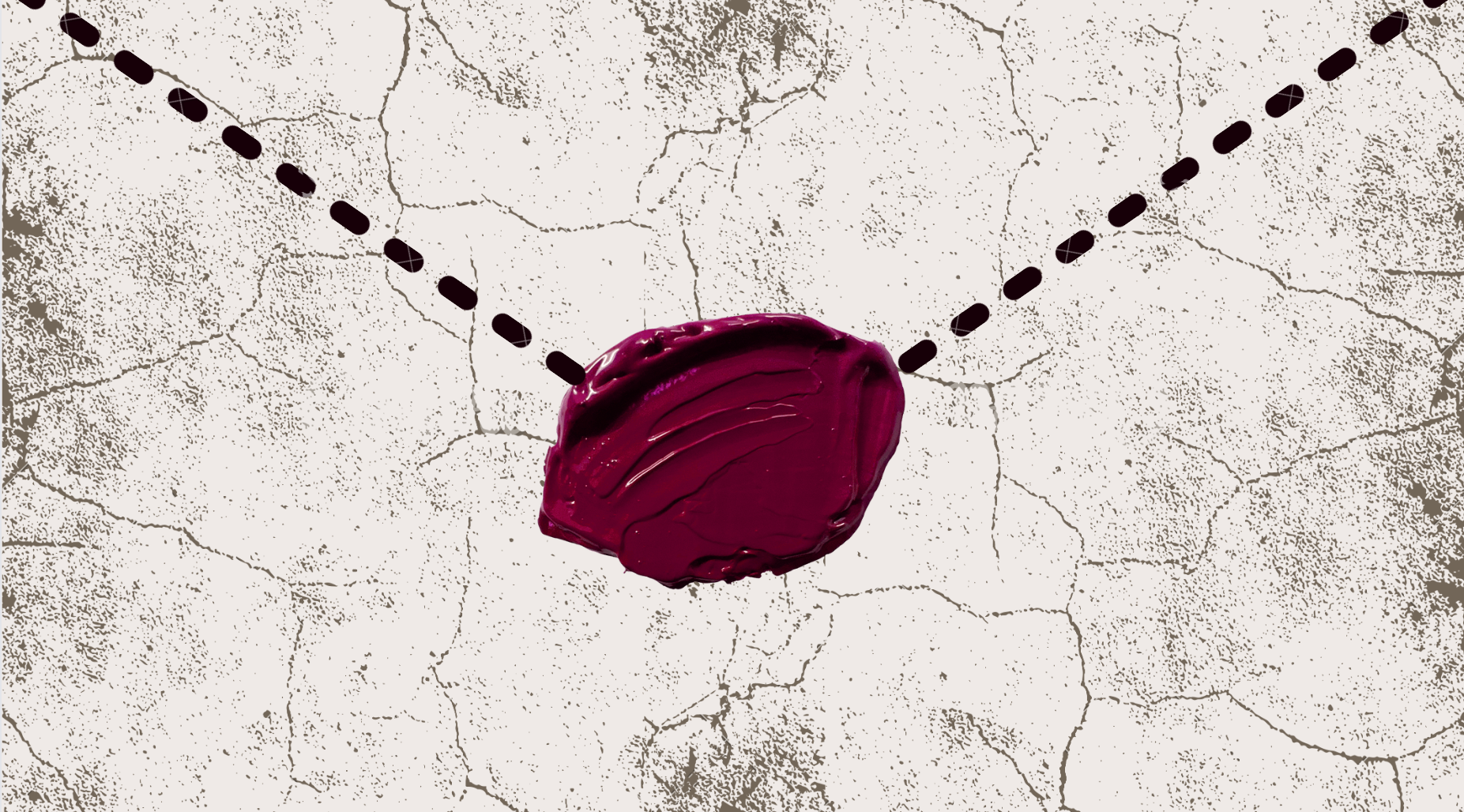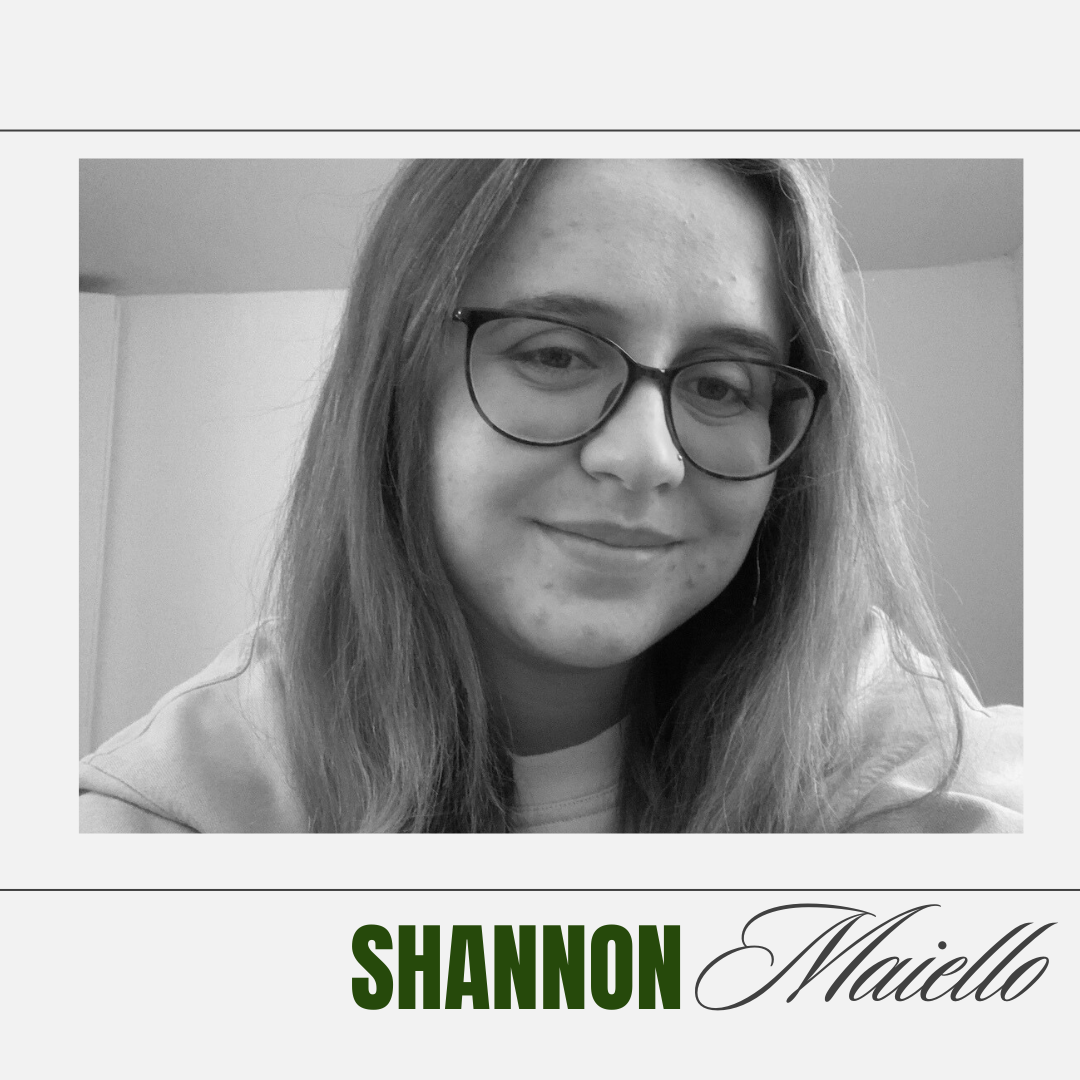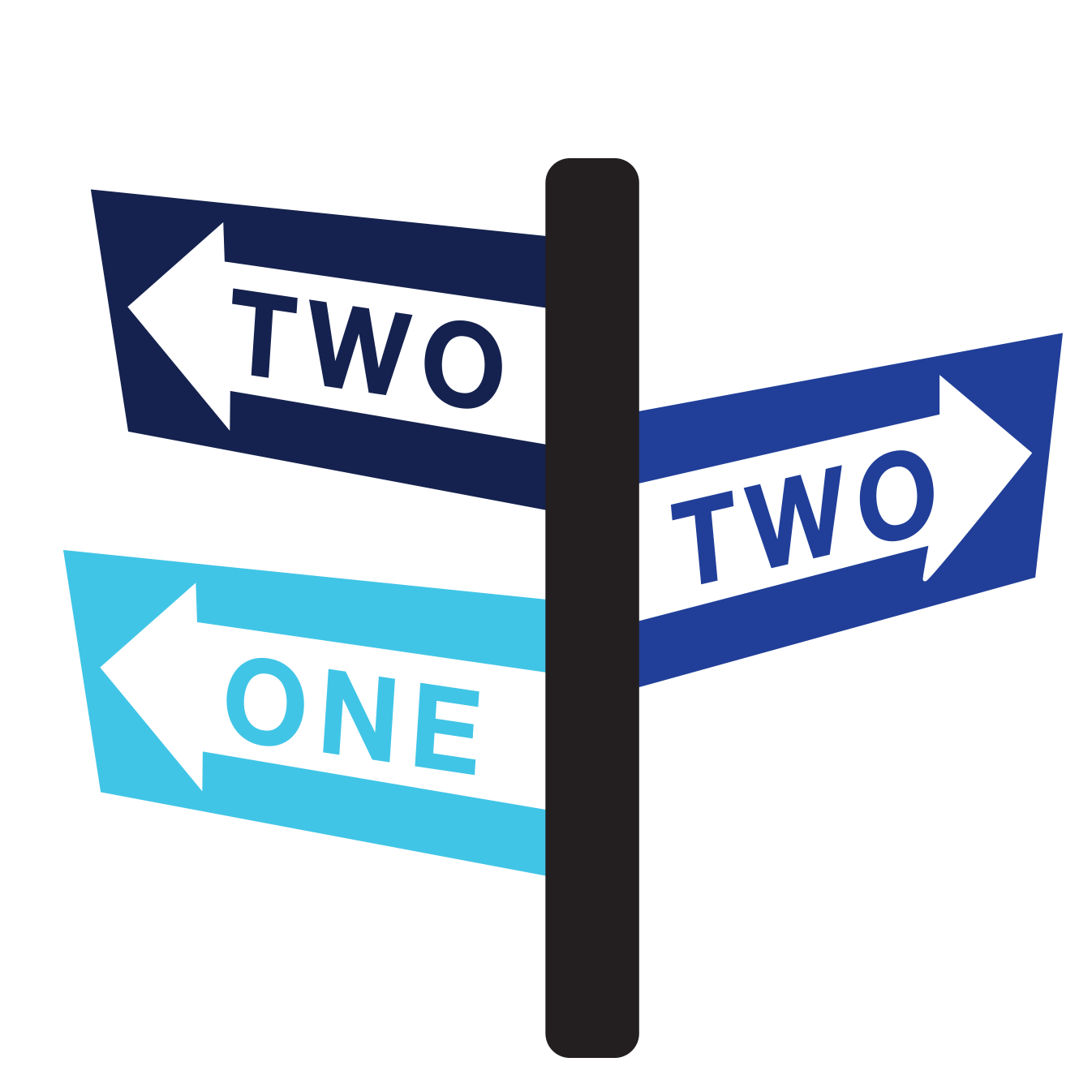Warning Signs: My Childhood of Isolation and Accommodations

By Shannon Maiello
Many of the choices of my childhood were affected by other people. Due to the hours both of my parents worked, I was always in aftercare following my school day. This time after school was when I could socialize and be a kid, without the consequences of distracting others from schoolwork. Despite the copious amount of other children in aftercare with me, I often played alone, colored alone, and read alone. It was difficult to make friends and keep them around due to my own behavior. At the time, I could not tell what I did wrong; I was just a kid. However, my years in aftercare and elementary school life taught me a lot about loneliness and the way to accommodate my isolation in the classroom and on the playground.
My elementary school had AM and PM kindergarten and since I did not have anyone to drive me to school at lunchtime, I was an AM kindergartner. Following my school “day,” I was bussed to the district’s childcare center. I was fond of this place because it felt so distant from home, which oddly brought me comfort. It was the place where I could try to make friends and do the imaginative play that I always enjoyed. Walking into the small building, the scent of wax crayons and dried paint immediately hit our nostrils, wafting around the room due to the air condition that stayed on even throughout the winter. With the scent of our lunch waving through the playroom, the staff was beginning to prepare it for the afternoon. Meanwhile, the other kindergartners rolled in and placed our belongings in our cubbies. It was a small incentive that meant so much to me at the time; a place that held only my belongings. This childcare center was a place that appeared happy, smelled happy, and was happy.
Despite its happiness, this was also the place where I began to notice my behavior was different than that of my peers. I frequently played with dolls on my own or played “house” with one or two friends. There was distance between myself and the other children because I was often labeled “mean” or “funny,” which confused my 4-year-old brain. I always thought funny was a good trait to possess, so how could I be both good and bad? Why wasn’t I nice like the other girls? As much as I wanted to be nice, I couldn’t be.
Once I was old enough to begin full days of school, I was in the 1st-3rd grade aftercare room. Though I don’t remember much from my time in that room, I do remember frequently asking if I could go to my kindergarten teacher’s room during our playtime, because I “liked her toys” more. The room where I spent half of my days in kindergarten became the room where I sought comfort from my peers after school. Only one or two other girls came with me to this teacher’s room, and we simultaneously played on our own until our parents picked us up. Around this age in elementary school, I began being pulled out of class for meetings with the school social worker or to receive extra mathematics tutoring. I always struggled with my actions as well as math equations. This was also the time that I became aware of students who were better than me.
There was a boy named Sean who happened to be my neighbor. I would see him on the bus every morning and afternoon, and even in class because, somehow, we were always in the same class together. Sean was really good at math. Really good at math. He would always “show his work” on the math worksheets in pen because he made no mistakes, and no erase marks. Meanwhile, my page was filled with rubber strands from the eraser. He also got to stay for the entire math lesson while I got pulled out two or three times a week to get extra help from a specialized teacher. How come I wasn’t learning like the other kids were? Was Sean actually better than me? Smarter than me?
On the weekends throughout my childhood, I was taken to doctor's offices where I would play with toys and get asked various questions. Sometimes it was about school, sometimes about the relationship with my sisters, and sometimes about the books that I liked. A couple of months later, I started taking medication every morning before school. As I learned later on, these doctor’s appointments were to test for my ADHD and learning disability. These new small, gray pills were to medicate me for this diagnosis I knew nothing about; I’m just me. I had hoped that those little bottles of concerta would make me nicer. I had hoped that I would soon be able to play with other kids and excel in math. I knew I could always read words well, why couldn’t I also read numbers? I had hoped that my life would be changed by this small dosage every morning.
My time in 4th grade was a difficult year for me while I was grappling with my problems mentally and academically. I finally found those two friends who stuck around, even through my impulsivity. Finally, things in my life seemed to be going alright. But this was the year that Mom and Dad sat Katie, Kelly, Meghan, and myself down, and told us that they were getting a divorce. I remember it like it was yesterday, but it is a memory I try to forget every day.
After the news and an explanation, all of my sisters vanished. It seemed that they had a place to escape to, but I was just left at home. I think Katie and Kelly went to their boyfriends’ houses, while Meghan went to a friend’s. But for me, I couldn’t hop in a car and go anywhere. Which led me to go to the only place I could be alone — outside.
My neighborhood was lush with trees and bushes, and a few children my age. My childhood home sits next to the neighborhood’s pool and tennis courts, which gave me a large parking lot to ride bikes and climb trees. Sean was there sometimes but never wanted to play with me or the other girls. This area of my neighborhood was where neighbors would play in the grass, ride bikes, make hopscotch rectangles on the asphalt, and wait for the ice cream man if it was warm. A little community I had once found right next door was now barren, with no laughs or dollar bills in sight. I was alone mentally and physically.
Admittedly disgusting, I would often play alone outside in bare feet. I loved the smell of the grass, the feeling of the wind, and the gravel under my feet. I didn’t care about how gross it was, and no one was around to even see me go outside without shoes. It was just me, myself, and I. Physically being alone became very lonely, but I was the only one who would always want to play. Often, I played outside as if no one could see or hear me. I began talking to myself because no one was around to play along and no one wanted to listen.
With the news of the divorce setting in, I walked around the parking lot following the perimeter of the tennis courts as a way to clear my head. I had no one to run to, no one to talk to. So I did what I had no other choice left to do — talk to myself. The girl inside my head was always there to listen and always agreed with me. During this time of my life, I got into the habit of talking out loud to myself. Perhaps it was because I was used to being alone or, in a deeper sense, because I had no one to talk to. None of my friends had parents who were divorced and my sisters left me stranded; the girl inside my head was the only person I had to talk to. Even as an adult, I continuously speak out loud to myself as a way of thinking and getting my thoughts in order. While I have people in my life now that I can count on to listen to my innermost thoughts, I still have that little, lonely girl inside of me. No one ever kept her company, so I do now.
Once I was back at school and could finally speak to my friends about what was happening at home, I was met with reactions that I was not expecting; they didn’t believe me that my parents were getting divorced. Why would someone just lie about that? This feeling of dishonesty isolated me further from these friends that I thought cared about me. This realization forced me to accommodate to a new life at home and new friends in school. Once again, something I said had ruined everything.
The start of 5th grade was the start of switching between Mom and Dad’s houses. Troubling at first, I often left belongings at the other house and would have to wait a week to get them back. My oldest sisters, Katie and Kelly, moved into the new house with Mom after they graduated from college while Meghan switched back and forth with me. They always tell you the upsides of divorce: two birthdays, two Christmases, two vacations. But they never tell you the downsides: abandonment, isolation, wanting to cry but keeping it in because you have to act like the divorce didn’t ruin your childhood. I often struggle today with talking about the divorce to my mother or father. While my father understands and owns up to the fact that I got the shortest end of the stick possible, my mother and I often bump heads on why I struggled with this traumatic transition from my young life to my current adulthood. It is hard for my mother to not take it personally, and often victimizes herself rather than understanding that I was not cared for in the fragile way that I should have been. It’s difficult to not hold anything against her as an adult, but my relationship with my mother will always be strained due to the lack of attention I received from her during the hardest time of my life.
At 23 years old, I find myself leaning more on my friends rather than my immediate family. While I have a close relationship with my father and sisters, I still feel isolated at large family events and closed off to talk about my feelings. I hypothesize that this all leads back to how I was affected during my parent’s divorce and the lack of connection I had with friends or a therapist. In my present-day relationships, I often find myself holding back with my feelings, as a way to protect myself. Through my attempts at self-protection, I did not feel a sense of belonging or unconditional love until meeting my significant other four years ago. They have been able to teach me a lot about how to love myself and live with my experiences, rather than letting them hold me back. I still have a lot to learn in life about dealing with my baggage and not allowing it to affect outside relationships. However, I have found that having a small circle of those close to me is an outlet that I can be forever grateful for.
I often think of that little girl I used to be who felt like she had no sense of belonging or true connections. I try to do everything I can for her and live the adult life she always looked forward to. While I occasionally find comfort in my isolation nowadays, I have those lifelines that I know will bring me a sense of home that I never had growing up. All I wish for one day is to be the girl that my younger self always imagined being; kind, bright, loving, and have the ability to be loved.
Meet Shannon Maiello


